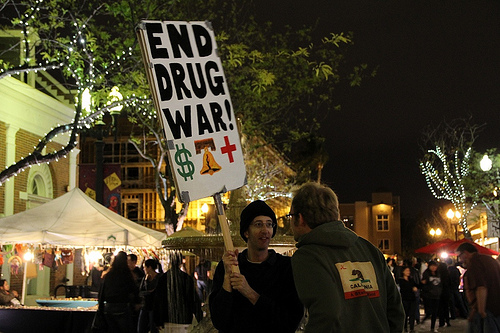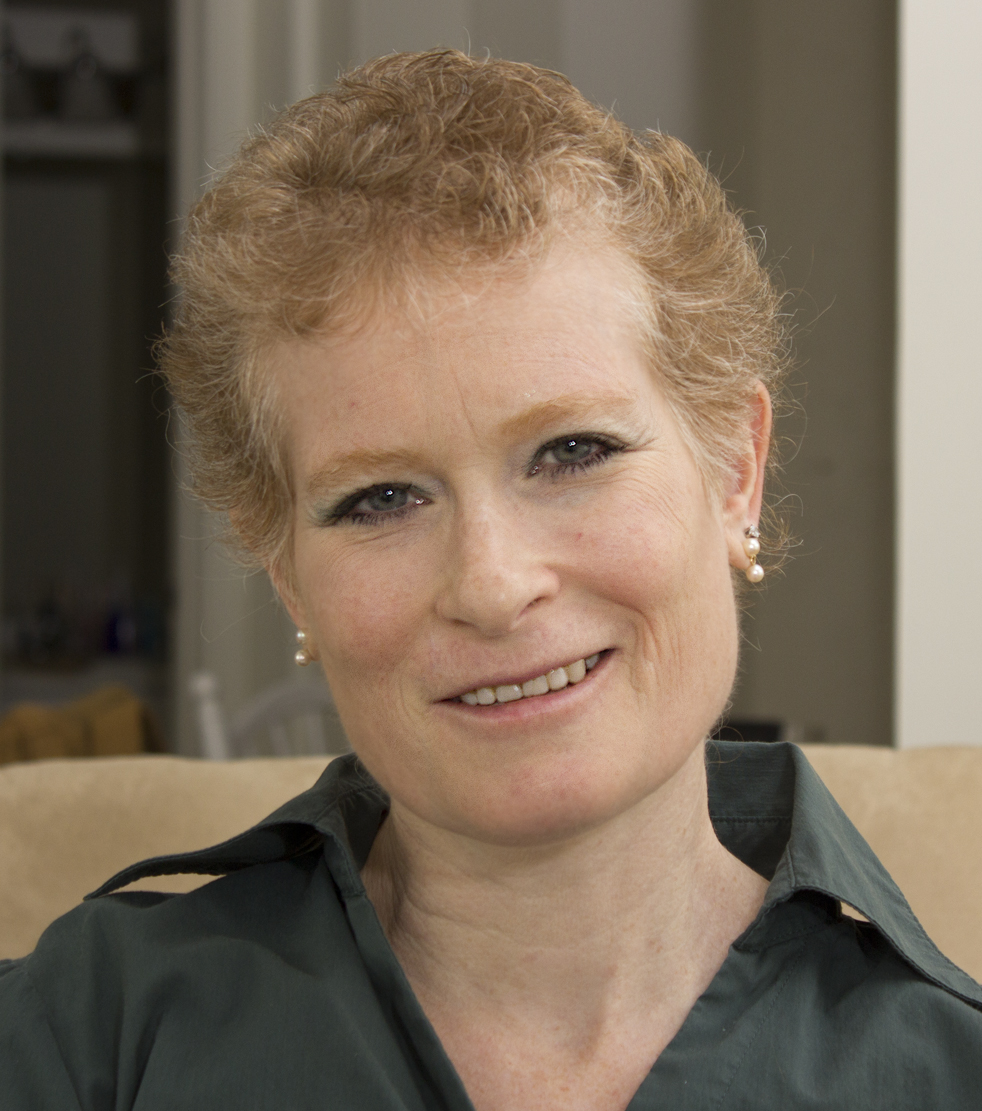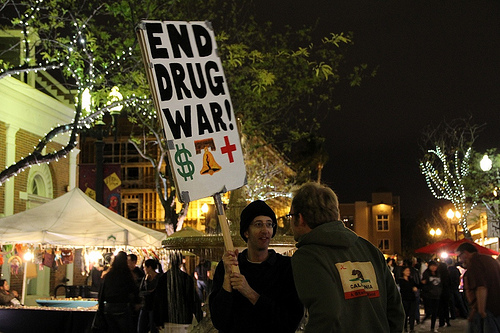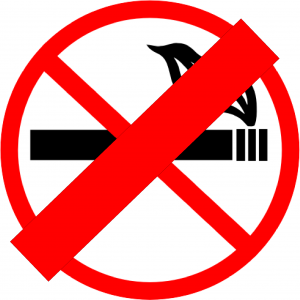

Is U.S. Government on The Right Track Regarding Opioid Addiction? – Vol. 368, June 30, 2016
I received my Rolling Stone magazine this month which included a very in depth article by Tim Dickinson which caught my attention called, The War on Drugs. His article goes into many issues regarding the war on drugs including the supply and demand, and the waste of time, money and energy on fighting the drug cartels. In this article I am only going to address the treatment of the substance abusers, because there has been a change in direction in which the government of the United States is dealing with this very important issue. I believe it is worth a look at what is happening in other countries who have a longer history to see what they have done. First a little bit of the history on the war on drugs here in the United States.
According to Mr. Dickinson, the war on drugs has been going on for 45 years and has cost our country over $1 trillion. It really goes back much further to a man called Harry Anslinger who was a racist. He took over the Department of Prohibition just as alcohol prohibition was ending. He needed to find a new purpose for his department to exist so he went after black drug abusers. Billie Holliday remains the best known person who represented everything that this man hated about blacks, she herself vowing to never bow her head to a white man. In the end she died unable to get the methadone she needed after withdrawing from heroin, being hospitalized for liver cancer. This account was given by Johann Hari in his book Chasing the Scream: The First and Last Days of the War On Drugs.
There have been other cost to holding people in federal prison, who need medical and psychological care. We have seen the devastation on the black urban areas where the primary provider men have been incarcerated, while harming male black boys growing up without their fathers. Sadly, this was President Nixon’s plan when he began his war on drugs. Nixon domestic policy maker, John Ehrlichman revealed in an interview that was published in Harper’s this year, that the goal was to criminalize the anti-war left and black people. Nixon viewed these two groups as arch enemies of the administration.
So where are we currently? There were 28,893 opioid drug overdose deaths in 2014, according to the CDC. According to the National Center for Addiction and substance abuse 65% of the inmates meet the DSM’s criteria for substance abuse treatment and yet only 11% ever get any treatment. The cost to our country for this policy was $74 billion while the cost for the drug abuse treatments given was less then 1% at $632 million back in 2006.
President Obama came to the conclusion that one needn’t talk about recovery if people are dying from drug overdoses.
So, President Obama decided to take a different course of action by appointing a new drug czar, Michael Botticelli who is himself in recovery from alcoholism for over 27 years. He was the former head of treatment services in Massachusetts. Botticelli believes that one of the reasons that people don’t seek treatment is because of the stigma attached to their addiction. Botticelli never uses the term “junkie” or “addicts” instead referring to these people as those with “opioid-abuse disorders.”
The fact is that whites have twice the rate of overdose deaths as black Americans and three times the rate of Hispanics. Given this truth President Obama has remarked that our idea of who is a drug addict is misinformed. It isn’t the poor minority as it was presumed for many decades. According to the American Society of Addiction Medicine 4 of 5 heroin users are former prescription drug users. Because of this fact, Obama has recognized the change in perception making it is easier to emphasize treatment over incarceration.
The government lifted the prohibition on most of the federal funding for needle exchanges which Botticelli sees as a great intervention point for out-of-treatment drug users. The next step would be injection sites, where prescription grade heroin would be used under medical supervision. This could greatly reduce the spread of disease and overdosing due to sharing of needles and the addition of cheap fillers in the heroin that is found on the streets.
There is a concern however, that if the opioid abusers have access to their heroin in this manner, would they be willing to get treatment to stop their abuse? We don’t have any statistics yet to tell us. We do have some information from the Dutch who are able to access free government provided lab synthesized heroin three times a day. The feedback from the heroin users was interesting. Instead of feeling that they were being supported, they feel that they have been “flushed down the toilet” by the Dutch public, forgotten about forever. It also needs to be noted that criminal behavior went down considerably. This being reported in Vice News, May 6 2014 in their article Only in the Netherlands Do Addicts Complain About Free Government Heroin.
Mark Szalavitz writes in his article for Time, Sunday, April 2009 Drugs in Portugal: Did Decriminalization Work? Five years after decriminalization of personal possession, among teens the rate of new HIV infections caused by sharing of needle decreased while, doubling the amount of people seeking treatment.
My guess is that we are finally working in the correct direction as far as heroin and opioid prescription drug abuse are concerned. In the very least we will most likely have fewer drug overdoses and less criminal activity in the end. The extra benefit is that opioid abusers will be seen for the who they are, people who are suffering from an addiction who are worthy of treatment. With the health care parity, all insurance companies have to offer drug addiction treatment which was also a great step toward seeing those addicted to substances as having the right to access care, instead of being seen as criminals.

Sign Up Now for your Free 1/2 Hour Consultation
If you have found this website helpful and informative and either you or someone you care about has an issue that might need clearing. Then Suzanne would like to invite you to experience a 1/2 hour free no obligation consultation via phone or Skype. Suzanne has successfully helped people all over the world, why not give her the chance to help you. Get the facts about your personal situation from a caring professional source and change your life for the better today!
Sign Up Now for your Free 1/2 Hour Consultation
